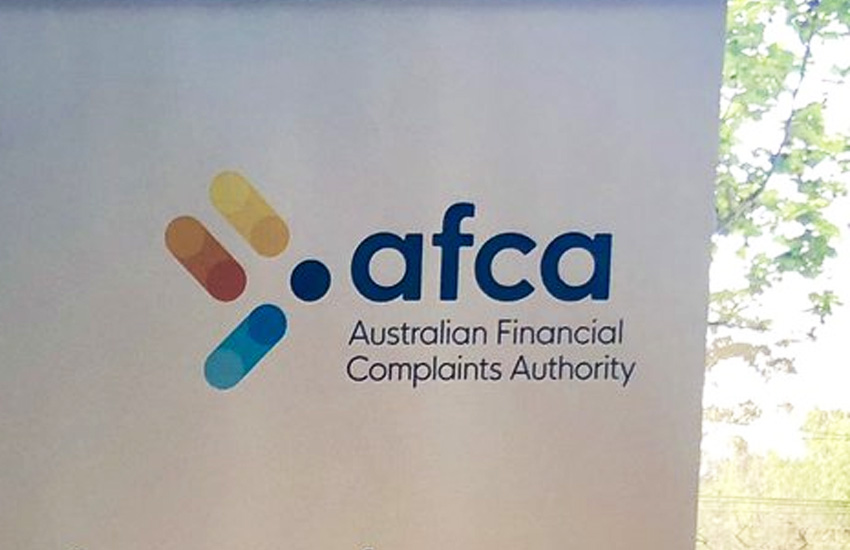The Australian Financial Complaints Authority (AFCA) on Thursday reported fielding 11,482 coronavirus-related complaints about financial products and services between 3 March 2020 and 2 February 2021.
However, the regulator expected the rate of complaints to be higher, before banks and financial services providers responded to COVID-19. The pandemic-linked complaints handled by the regulator made up only 15 per cent of total complaints.
You’re out of free articles for this month
“While not seeking to downplay the challenges people have faced, and continue to face, this was fewer complaints than we thought might arise from the pandemic,” said Justin Untersteiner, chief operating officer at AFCA.
“Banks were quick to respond, providing emergency support as they handled unprecedented numbers of requests for repayment deferrals.
“Superannuation funds worked with us to resolve consumer concerns about early access to super funds. Government financial support measures also played a vital role.”
According to data collected by the regulator, nearly a third of COVID-19 complaints, at 3,516, related to travel insurance, before sharply declining as international borders remained shut.
Credit card (1,590), home loan (1,204) and superannuation accounts (996) accounted for the top five most complained about products and services.
According to AFCA, about 65 per cent of all COVID-19-related complaints were made within the first six months of the pandemic. The regulator remains on standby for an influx of further COVID-related complaints once swathes of the nation come off JobKeeper at the end of the month.
“The most difficult time for some people may well be ahead as measures like JobKeeper come to an end,” Mr Untersteiner said.
“It’s really important that financial firms continue to listen to and communicate with their customers in the next 12 months.”
Data gathered by the regulator signals a rising trend of fraud and scams, as the monthly average of complaints related to unauthorised transactions and scams is up by 23 per cent.
“Our sense is that scammers stepped up their activity to take advantage of people spending more time at home and feeling financially vulnerable,” Mr Untersteiner said.
The results don’t only reveal a rise in the rate of scams, but the value of them, too. According to the regulator, some scam-related complaints have exceeded values of $1 million.
“Scams were growing before COVID-19, but the pandemic has accelerated this trend,” Mr Untersteiner said.
John Buckley
AUTHOR
John Buckley is a journalist at Accountants Daily.
Before joining the team in 2021, John worked at The Sydney Morning Herald. His reporting has featured in a range of outlets including The Washington Post, The Age, and The Saturday Paper.
Email John at john.buckley@momentummedia.com.au

 Login
Login







